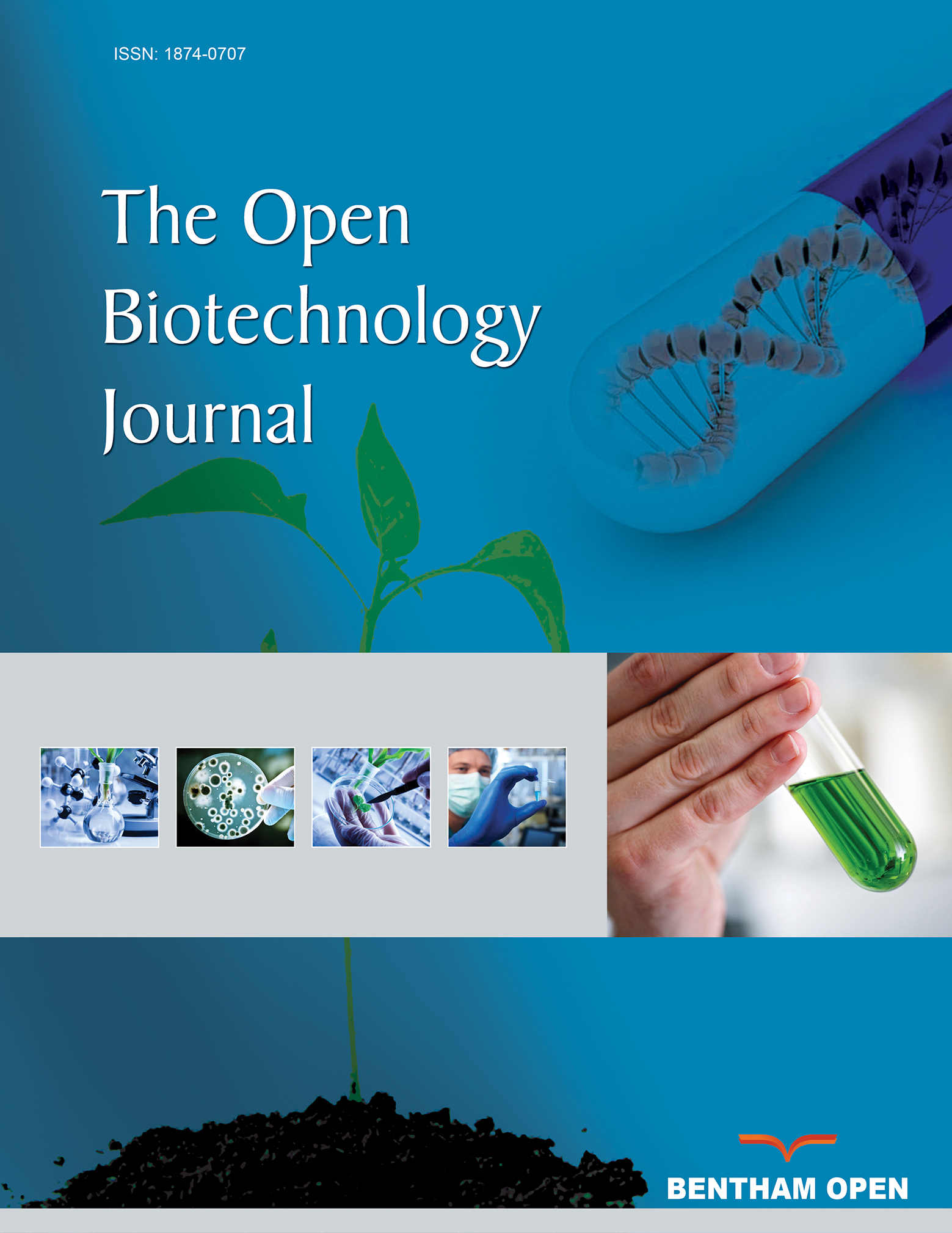All published articles of this journal are available on ScienceDirect.
PCR Based Random Mutagenesis Approach for a Defined DNA Sequence Using the Mutagenic Potential of Oxidized Nucleotide Products
Abstract
Oxidizing conditions have not been explored well for the in vitro random mutagenesis in directed evolution. The mutagenic potential of diverse range of oxidized products is well reported in literature. Incorporation of errors during PCR in the presence of oxidized nucleotides can be a very effective alternative to error prone PCR as the transversion mutation frequency is higher in the former case. Earlier reports used a single purified oxidized nucleotide for introducing mutations during polymerase chain reaction. This could be further improved using the entire range of oxidized nucleotides to widen the mutation spectrum. The highlight of the present work lies in the fact that the oxidized nucleotides used in this study were generated by incubating the mixture of all the four nucleotides (dATP, dCTP, dTTP and dGTP) with an oxidizing agent, ferrous sulphate. This oxidized nucleotide mixture was then directly used without purification in polymerase chain reaction to introduce random mutations. The 100 µM oxidized nucleotides mixture treated with 5 mM FeSO4 for 10 minutes along with 200 µM nucleotides are the optimized parameters for PCR amplification of a desired gene. The effect of manganese and magnesium ions over the incorporation of oxidized nucleotides was also investigated. An optimized PCR based approach which can be an efficient alternative to error-prone PCR for introducing random mutations in a defined gene sequence has been successfully developed.


